OUR INSTITUTION
Research programmes
Radiation Programme
Our programme continued working on different projects related to the health effects of ionising and non-ionising radiation. Regarding how to improve preparedness to and recovery from radiological emergencies, our SHAMISEN-SINGS project (1) organised a workshop on ethical issues related to the use of mobile apps that citizens can use to measure radiation doses and health indicators in the aftermath of an accident. The ENGAGE project in which we participated published its conclusions on the benefits and challenges of engaging stakeholders in Spain to better prepare for radiological emergencies (2). We also hosted the international RICOMET 2019 conference, and the first General Assembly of the SHARE (Social science and Humanities in ionising radiation REsearch) platform, of which we are a member. In addition, we published important results of the EPI-CT study, aimed at understanding the risk of cancer in paediatric patients exposed to computerized tomography (3).
1. https://radiation.isglobal.org/shamisen-sings/
2. Liutsko, L., Montero, M., Trueba, et al. Stakeholder participation in nuclear and radiological emergency preparedness and recovery in Spain: benefits and challenges of working together. Journal of Radiological Protection,
3. Bernier MO, Baysson H, Pearce MS, et al. Cohort Profile: the EPI-CT study: a European pooled epidemiological study to quantify the risk of radiation-induced cancer from paediatric CT. Int J Epidemiol. doi: 10.1093/ije/dyy231
1. https://radiation.isglobal.org/shamisen-sings/
2. Liutsko, L., Montero, M., Trueba, et al. Stakeholder participation in nuclear and radiological emergency preparedness and recovery in Spain: benefits and challenges of working together. Journal of Radiological Protection,
3. Bernier MO, Baysson H, Pearce MS, et al. Cohort Profile: the EPI-CT study: a European pooled epidemiological study to quantify the risk of radiation-induced cancer from paediatric CT. Int J Epidemiol. doi: 10.1093/ije/dyy231











